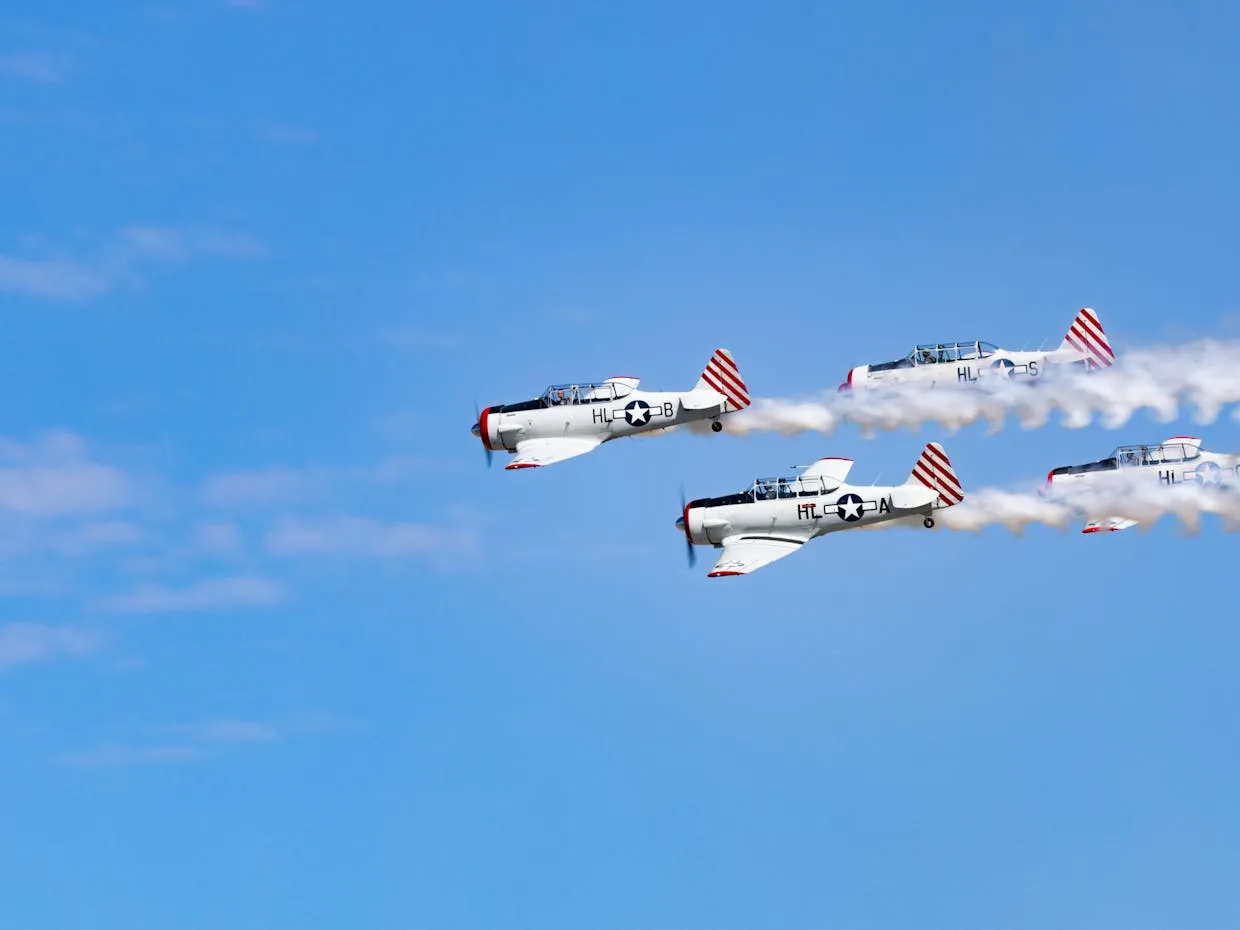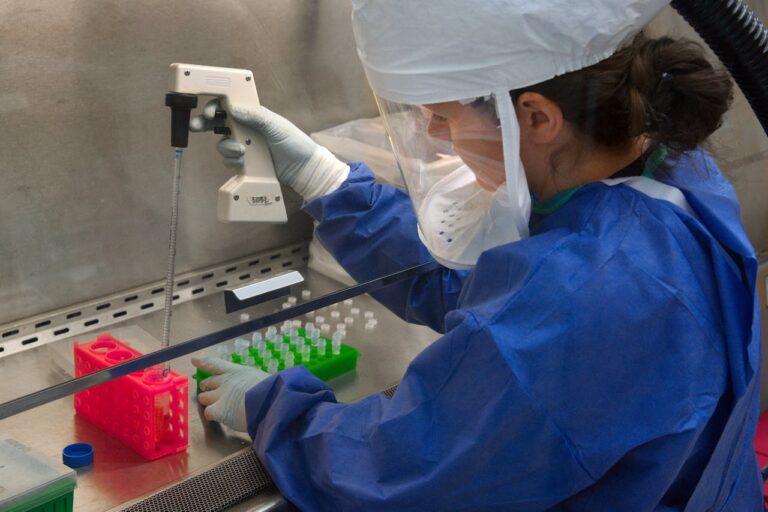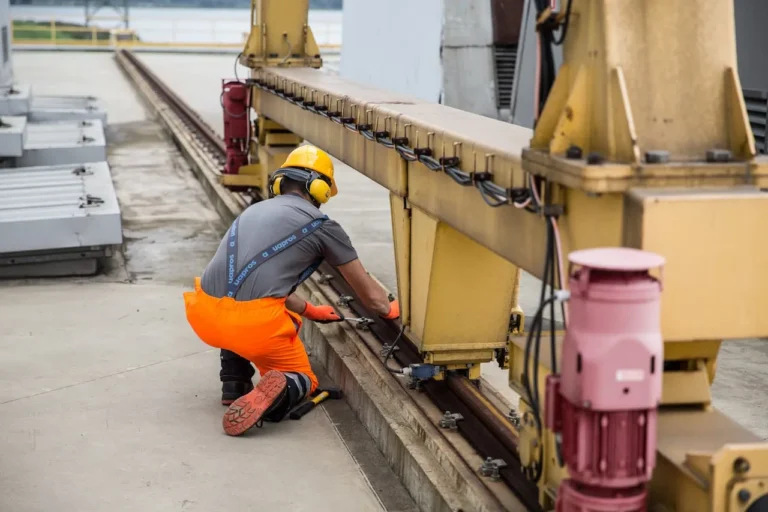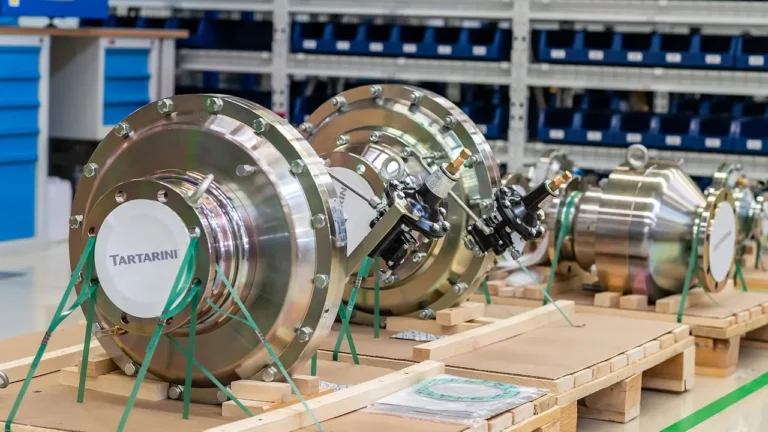
Airbus, Kansai Airports, and Kawasaki Heavy Industries have signed a Memorandum of Understanding (MoU) to explore the feasibility of hydrogen infrastructure at three airports in the Kansai region: Kansai International, Osaka International, and Kobe Airport. This partnership aims to assess the potential for introducing hydrogen-powered aircraft as part of Airbus’ “Hydrogen Hub at Airports” program.
The initiative will focus on developing a roadmap for hydrogen infrastructure and supply, tailored to the specific needs of each airport. The feasibility study will evaluate various factors, including technology, economics, legal compatibility, and operational challenges. Demonstration projects may be launched to address challenges, providing insights for policy recommendations.
Since 2022, Airbus and Kansai Airports have been collaborating on hydrogen-based infrastructure, with hydrogen-powered vehicles like fuel cell buses and forklifts already in use. Airbus also worked with Kawasaki, which has significant expertise in designing cryogenic hydrogen supply networks and airport infrastructure.
The study will now enter a second phase, incorporating insights from both the hydrogen supply chain and airport operations. Airbus has projected that, initially, a few tons of liquid hydrogen per day will be required for aircraft operations, potentially scaling up to several hundred tons per day by 2050.
Hydrogen is a key element in Japan’s strategy to achieve carbon neutrality by 2050. Both Kansai Airports and Kawasaki have committed to advancing hydrogen-based solutions to decarbonize airport infrastructure and the aviation sector. The collaboration aims to contribute to the development of hydrogen-powered aircraft by 2035.
Airbus unveiled its ZEROe concept in 2020, aiming to launch the world’s first hydrogen-powered commercial aircraft by 2035. This MoU further strengthens the global effort to decarbonize air travel, with hydrogen infrastructure playing a central role in achieving these goals.




